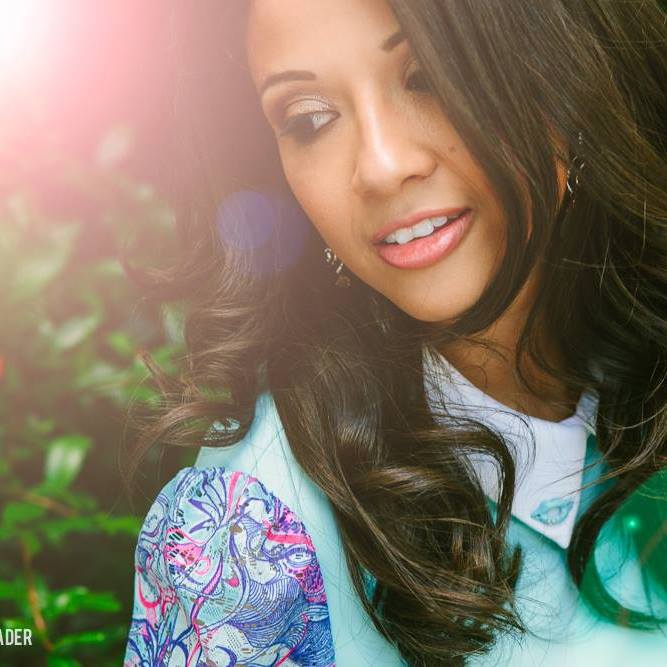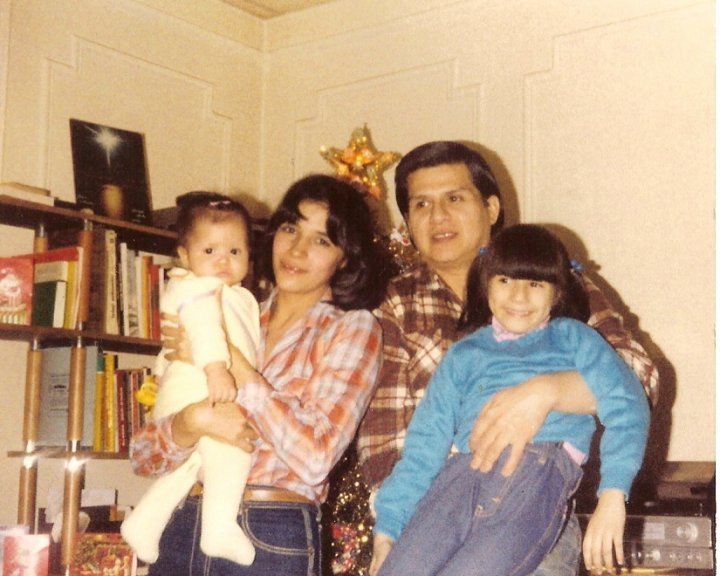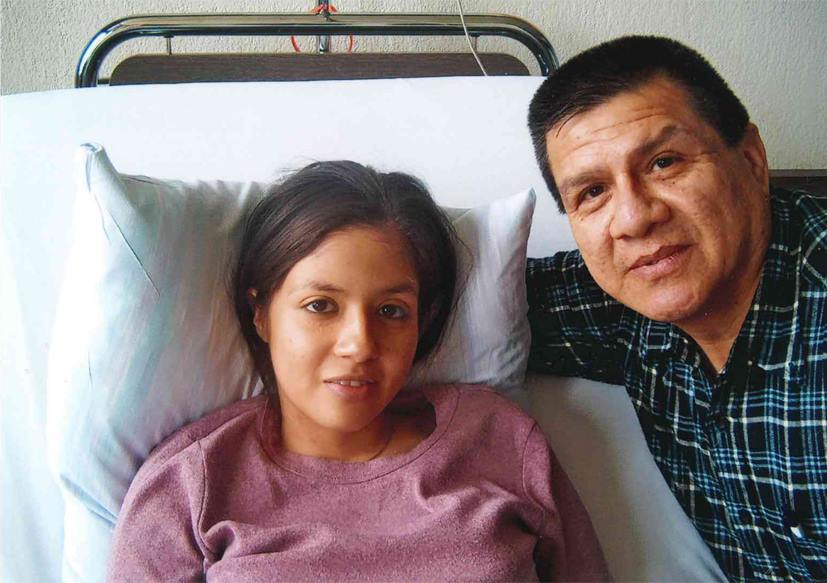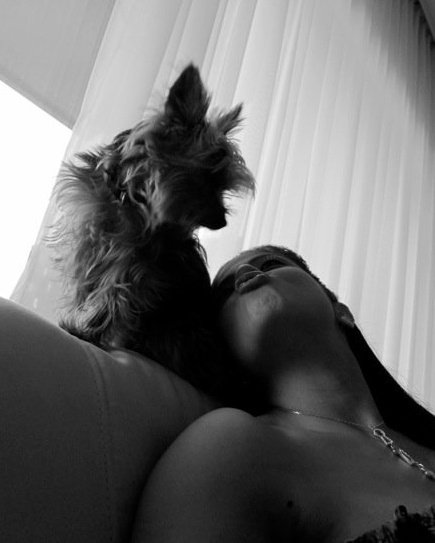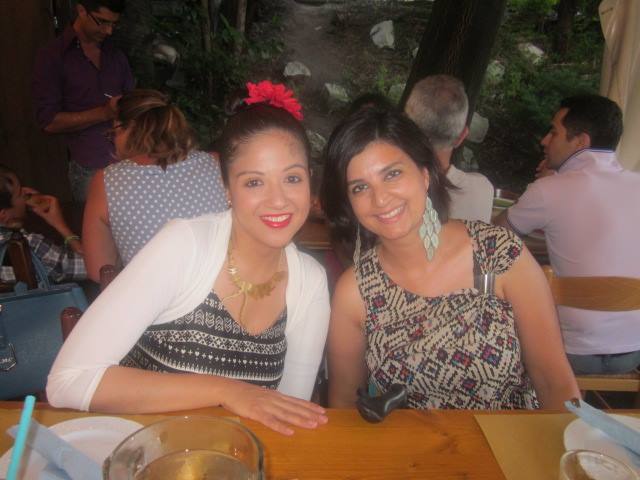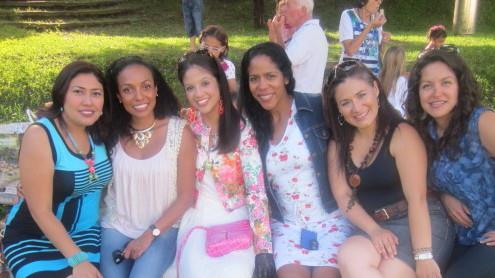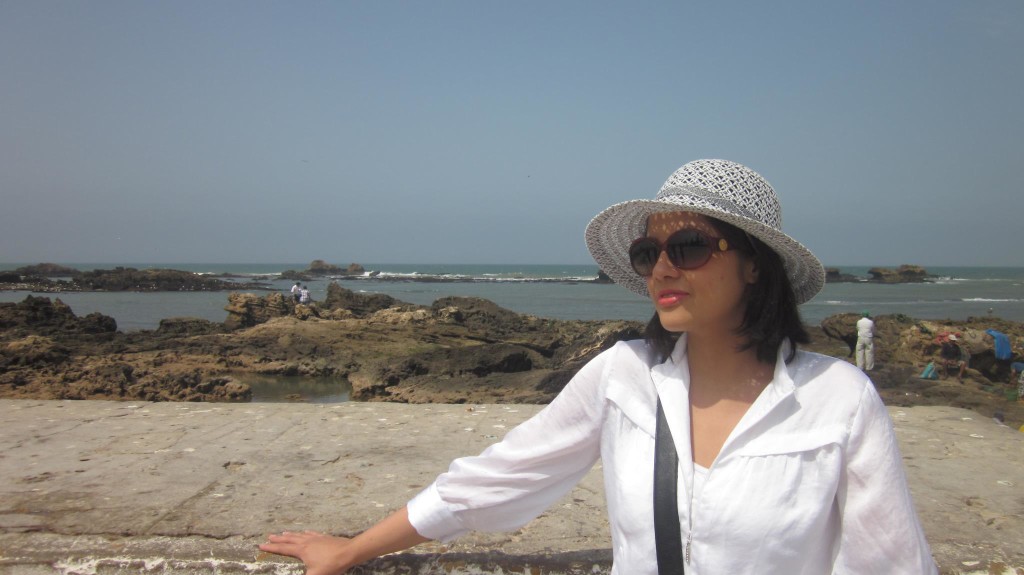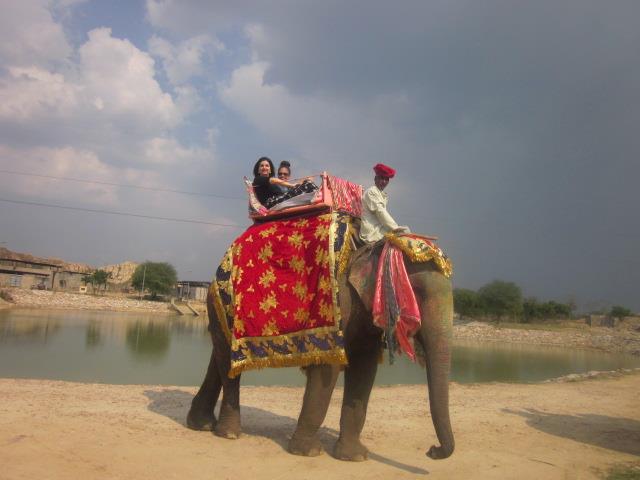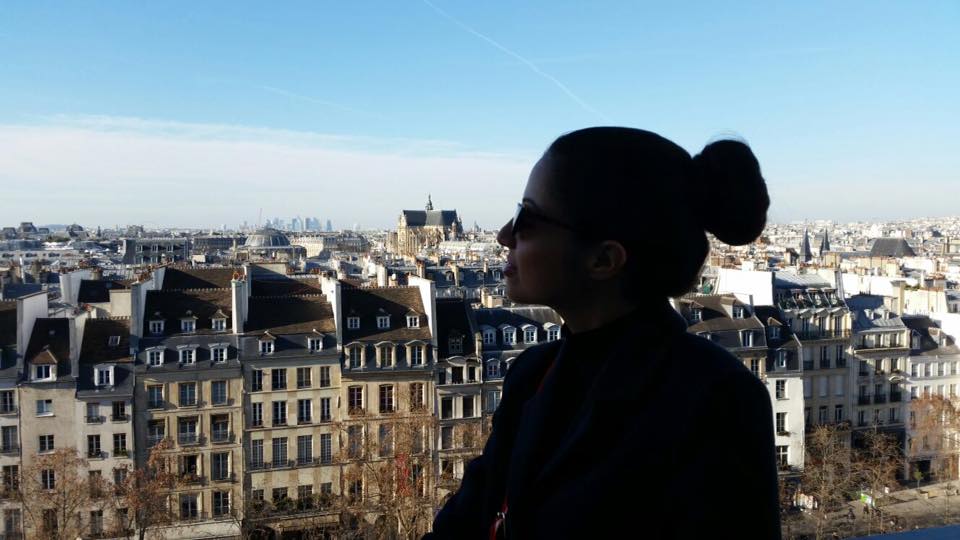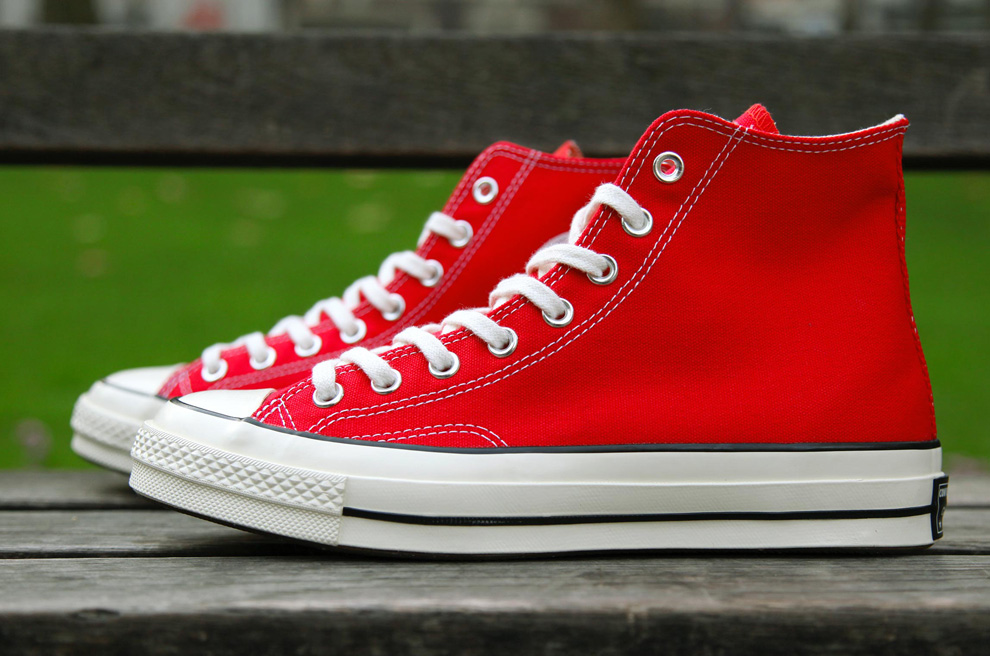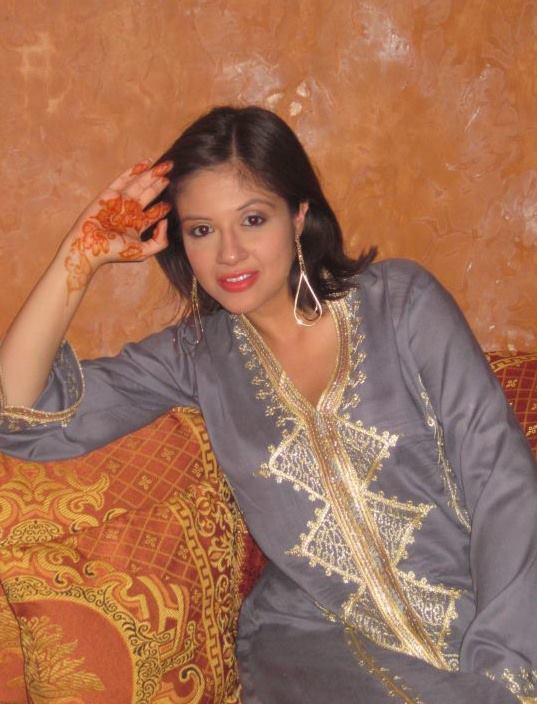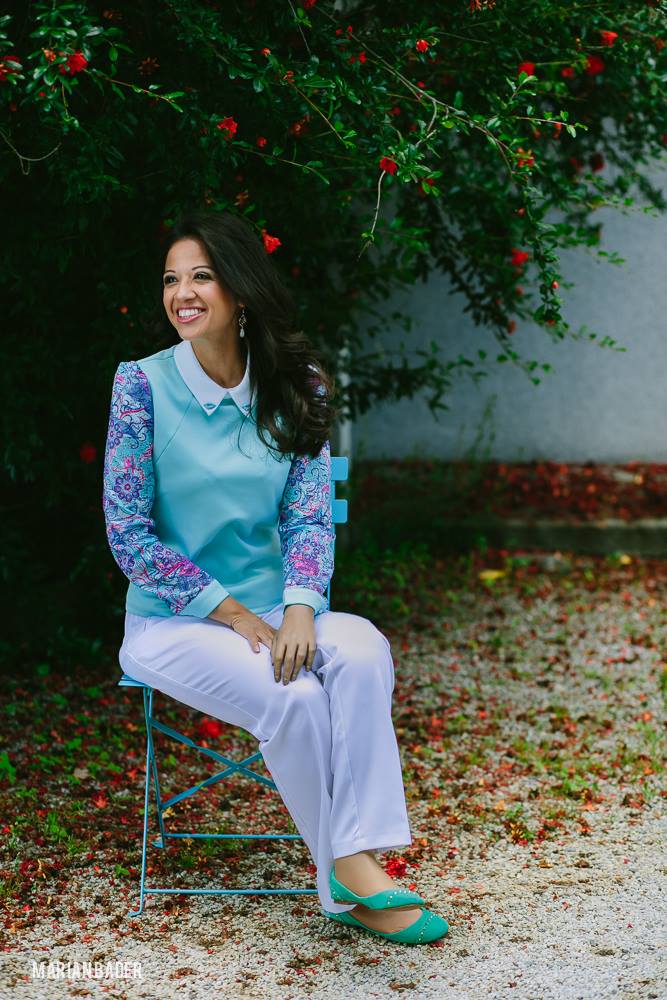It was my freshman year of college at Long Island University C.W. Post when my then girlfriend introduced me to Zuleika Tipismana -also a freshman and a communications major from Flushing Queens, NY. She smiled, I smiled. The whole time I was secretly thinking to myself just how pretty she was and how maybe I should stop staring so hard now. Good looks aside though it was her easy going nature, kind heart and love of life and adventure that really made her someone you wanted to be around.
She’s truly one of those rare individuals that can light up a room. Her adventurous spirit would eventually lead her to Switzerland for a study abroad program and it was here that her life would change drastically. While running to catch a train to Amsterdam she slipped and fell under the train and in an instant lost both an arm and leg. She would go on to spend the next several years coping with both the physical and emotional pain that comes with such a loss. Says Zuleika:
“They say losing a limb is like losing a child. You never get over the loss and there’s a part of you that wants to mourn and grieve at times. So I allow myself to do that and rather than fight those feelings, I embrace them. That’s how I’ve coped over the years, by allowing myself to cope and grieve.”
Her tragedy has turned to triumph however and the reclaim of both her life and her ability to travel has lead to a speech at the Taylor Institute, a column for a local newsletter belonging to the American Women Of Ticino and a travel blog for those with disabilities called Z-TRAVEL. I recently caught up with Zuleika to talk about travel, music, life and of course sneakers.
DeFY: Zu! I am very very happy to be doing this interview you have no idea. Tell me a little about your childhood, are you the oldest child, an only child middle child etc.?
Zuleika: I’m the youngest of two. My older sister, Jennifer, is 39 years old.
DeFY: What was your childhood like growing up in New York and specifically Queens?
Zuleika: Growing up in a Hispanic household was definitely different. While my parents (both South American) latched on to their cultural traditions and ways, I on the other hand wanted to embrace the American mentality of easy dinners, liberal thinking, and MTV. It didn’t always fair easily, as they were rather strict and protective. It meant early curfews, no boyfriends, no sleepovers, and plenty of time for studying.
Queens was a melting pot of Hispanic ideology with Jackson Heights being the pinnacle of South American cuisines and festivities. I remember those short train rides on the 7 train from Flushing (where I lived) to Jackson Heights just to get a serving of roasted Peruvian chicken and its complimentary hot sauces and white rice. When we weren’t waiting in line for the mouth watering poultry on a spit, we were trying out the Colombian food nearby, with “la bandeja paisa” as our main attraction.
Queens was definitely sprawling with life and the diversity of its people made for a colorful, and often challenging childhood. As I got older, I started to see my hometown, Flushing, steadily become victim to the urban violence cities are notorious for. Stories of robberies, abuse, and killings, began to emerge, somehow tainting the image of what I called home. Nevertheless, I wouldn’t want to be from any place else. Queens gave me street smarts and know how- that I still use today even from the comfort and security of a neutral place like Switzerland. You’d be surprised how a little NY attitude can go a long way.
DeFY: What are your favorite type of music/artists?
Zuleika: I grew up listening to hip hop and R&B, but as I got older I moved on to alternative rock and folk music. While I still appreciate the old school masters like Wu Tang and 2Pac, I usually relax more to artists like The Lumineers, Of Monsters and Men,, etc., but I will listen to pretty much anything. One day I’ll be in the mood for Nina Simone, and then suddenly switch to Guns N Roses. I guess variety is the spice of life.
DeFY: Where do you currently work?
Zuleika: I work at TASIS the American School in Switzerland, a boarding school in Lugano. My position there is Alumni and Development Officer. I basically help coordinate alumni reunions and events, and also help with fundraising.
DeFY: Coming from New York to Lugano Switzerland for the study abroad program must have been a big culture shock. What memory really sticks out to you as one of your first impressions?
Zuleika: My first day at Franklin, I was extremely overwhelmed. The first person to greet me in my apartment building was a 50 year old Swiss German man who insisted that I take a sip from his Feldschlossen beer while he drunkenly swayed about in his suspenders and khaki shorts.
DeFY: Ha! Wow, this dude thought he was in a 90’s sitcom?
Zuleika: True story. Imagine that being my first impression of Lugano? Nevertheless, I gave it another chance. It didn’t take long to make new friends. There’s something incredibly unique about the study abroad experience. You bond with people because you realize you aren’t all that different from each other, and at the end of the day, you’re all on the same boat: you’re all newcomers trying to make it in a new place.
DeFY: So things start looking up and you are feeling settled in, how was the experience going at this point?
Zuleika: Well, I began taking trips on the weekends, going to wine tastings, discovering Italian and Swiss cultures: Italian music and food, making friends with the locals, and more and more, feeling like I was home. Unfortunately, that feeling of “home” didn’t last very long. One day, my friends and I decided we wanted to take a trip to Amsterdam. We had heard all about the active nightlife, the Anne Frank House, the Heineken Museum, and we were ready to experience it for ourselves. But I never made it to Amsterdam that day.
DeFY: Bring me to the day of the accident, what happened?
Zuleika: I got to the train late. When I reached the platform the train doors were closing and as an instinct, I decided to run. Faster than I can remember, I lost my balance, and slipped, falling off of the platform and under the train as it was picking up speed. The sound of screeching metal was soon followed by an ear-piercing cry. I quickly understood something horrible had happened. An overwhelming numbness swept over the left side of my body. When I tried to curl my toes and squeeze my left hand into a fist, I couldn’t. Two train attendants jumped on the tracks, nervously repeating over and over that help was on the way. Shortly after, paramedics arrived: I was sedated, hoisted up onto a gurney, and rushed to Ospedale Civico in Lugano.
DeFY: When word reached Post, we were all in complete disbelief praying for you…..What happened when you reached the hospital?
Zuleika: I woke up three days later my family and friends huddled by my bedside. It didn’t take long to confirm what I had already suspected: I had lost my left arm and leg in the accident. I looked down at my body, tubes dangling in every direction, and stared at what was left of my left limbs in disbelief. I cried, naturally, and that didn’t stop for days.
DeFY: ……………………………………………………………………..
Zuleika: In just a matter of seconds I went from being a young, naïve college girl, to a young, naive college girl with some heavy–handed, serious decisions. Decisions that would alter completely the course of my life and who I wanted to be. Suddenly it wasn’t a question of where I’d be going out for dinner or what elective I’d take in college, it was: where will I stay? Where will I be treated? When will I walk again? Will I walk again? These questions lingered in my mind even through the morphine-induced haze that I was put under. See before then, I had it all worked out in my mind: study abroad, return home and graduate from LIU, get a job in TV Production or the fast paced world of Advertising and Public Relations. Soon after I’d move into a trendy NYC apt with high ceilings and even higher prices. I’d meet a young man who enjoyed reading, traveling, and had a strong inclination to the arts. We’d travel, we’d see the world, and then later the kids would come (1 or 2 tops). After a while, we’d maybe venture into the real estate market, purchase a spacious but modest home in Long Island or Upstate NY. We’d settle into our cozy hearth, sure with minor hiccups and setbacks, but we’d be happy and together, and I’d feel my life was complete. This is what many women my age wanted. This is what I wanted. When it dawned on me that this probably wouldn’t be my life, at least not how I envisioned it….I was devastated. It was like a cruel blindfold had been lifted, revealing a world that I simply didn’t want to see. Now instead of envisioning my life as a TV producer/Public Relations genius (PR genie) I saw the life of a disabled woman- a woman who needed a cane to walk, a wheelchair to get around long distances, a woman who would be pitied by others; a dependent woman. Travel? A career? Boyfriends? Pretty skirts? Those were all things I’d have to forfeit. All the weaknesses and shortcomings associated with being disabled? I believed them. Strange? Forgotten? Needy? This was how I thought they’d see me.
DeFY: As months passed on did you find that things became even remotely easier to cope with or…..
Zuleika: After the initial shock of what happened wore off, the numbness was replaced by a deep and dark depression. I felt powerless, insecure, and angry. My weekly counseling session was an exercise in futility: the more they tried to tap into my feelings, the more I met their efforts with silence and indifference. Because I was receiving a lot of morphine for the pain, I suffered hallucinations, hot flashes, and even developed a mild dependence. I lived in a hazy cloud that many times was a welcome escape from reality.
But reality reared its tenacious head 3 months later, when I was taken to a rehabilitation center in Zurich called Bellikon where I was fitted for a prosthetic arm and leg. Again, the blindfolds were lifted, and a harsh Swiss German world was revealed; one with doctors, metal contraptions used to walk, bratwurst for lunch, and more medication. It didn’t help that I didn’t understand the language. I had a lot to adapt to.
For weeks I went through my therapy sessions as if on autopilot – occupational therapy, physical therapy, counseling, they all merged together into a blurry emotional roller coaster: this was life for the first few months.
DeFY: When did things begin to change for you, in a more positive light?
Zuleika: One afternoon in January I was in my hospital room, sitting on my wheelchair, listening to sad rock on my CD player, staring blankly out the window. I looked out into a snow-laden field…it was a pale peaceful blanket covering the earth before me. It was as if the world outside had been frozen in time. But the truth was far from that…while the world outside seemed almost dead…it actually wasn’t. While I sat in this hospital room feeling bitter and sorry for myself, my friends and the world around me were moving on. My friends were graduating, getting jobs, meeting potential spouses, and sharing their colorful experiences and latest adventures on well back then, Myspace. And I thought to myself…why not me? I’m still here. I’m not dead yet. Like that snow outside my window; there’s still some life underneath.
It was then I slowly began to understand that time stands still for no one, and you can either be part of the change, or you can be left behind. We can change as the seasons do, or we can remain stagnant. We can accept our losses or let them consume us. Now I won’t say that my life changed drastically after that moment (I was still very sad and depressed) but it was a turning point in the right direction. When I finally said goodbye to the staff of Rehaklinik Bellikon four months later, I left a little more hopeful than when I arrived. And even though I still didn’t understand the language, I understood the Swiss efficiency and kindness and have come to rely on it greatly over the years.
DeFY: Ok, so you finally leave the hospital and instead of coming back to New York you?
Zuleika: After Zurich, I came back to Ticino, and made Lugano my permanent home. Through much support and tough love, I finished my studies with Franklin University and LIU, and through independent study, I obtained my degree in Broadcasting. A small celebration took place, and even though I couldn’t walk down the aisle and graduate with my class in NY, I was happy. That moment sparked an internal motivation in me: to keep going, to go further, now that I had gotten a taste of independence.
With time I began adapting to my prosthetics, getting used to new found heights with my wheelchair, my cane became a safety net, and a welcomed sign of independence. It even earned a name: Michael Caine.
DeFY: Haha!
Zuleika: Good old, reliable Michael Cane. A few years ago I found a website called www.fashionablecanes.com and purchased this lovely new friend. Soon after I got my degree, I started looking for work. Now, I was a disabled woman trying to make it in the workplace. No longer considering the fast paced world of the NY media industry, I asked myself; how will I fit in? What can I do? How will I earn a living independent from my parents? TASIS – an American school in Switzerland, came to the rescue. I applied for a job as an Assistant to Alumni Relations and Development, and after 3 interviews, the TASIS team became my new home, and my first full time job.
Now a working -woman, my social circles began to widen almost immediately. I began to mingle, still feeling self conscious of my limp and my prosthetics, but curious enough to put myself out there despite the insecurities. I was beginning to imagine a new life: now I envisioned the life of a disabled woman with a cane and a wheelchair, but also with a job, with a purpose. A disabled woman who could actually still lead an active life, and more importantly, who could help others realize how attainable it all actually was, because I was living it. My wardrobe choices reflected the new me as I ditched my sweatpants for maxi dresses and my sneakers for ballerinas. I learned to do my hair and makeup with one hand, I purchased kitchen and bathroom aids that would help me lead a more autonomous life. I hired a trusty cab service to take me to and from work. An adorable Yorkshire terrier named Sasha was my first pet and loving companion and a true testament to what we’d do to protect our loved ones.
Life begun to take on new shape and meaning. The more I embraced who I was, the more I began to reimagine what I wanted my life to be…and the purpose I wanted to have. In accepting the losses, I was starting to enable the opportunities. I started going to shows and concerts, and discovered an untapped world that catered to the disabled community. Italy for example offers some wonderful accommodations at great values. Now, at these shows, people stared. In the stores heads turned. In restaurants people whispered. The unwanted attention frustrated me at first, but eventually, I learned it wasn’t personal and rather than be defensive I chose to understand, always greeting their apprehension with a smile. That smile became my shield.
DeFY: Your 4 week visit in Switzerland turned into 14 years. What keeps you there?
Zuleika: I found peace here. I like that I can look outside my window and see the clear skies, trees, and the distant horizon with snow capped mountains. I like that the pace is a bit slow here. There isn’t really a rush to get anywhere. It helps to have a great support system. I have made some wonderful friends here. They keep me busy.
DeFY: How many years did it take you to heal emotionally to where you felt you were comfortable traveling?
Zuleika: I would say about 6 years. It took me a while to embrace my current situation and feel comfortable with the few challenges that arise when travelling. I used to find it all daunting: scary and overwhelming. If something went wrong, I’d blame myself or the disability. Now, I see every hurdle or bump as a reason to laugh and learn, and try to make it better the next time.
DeFY: How soon after the accident did you travel again?
Zuleika: I travelled about 5 years after. Went back to NY for an alumni reunion with work. Shortly after, I flew to Amsterdam with friends and gave that part of my life some much needed closure. Again, it helped having the love and support from friends, who were incredibly patient and giving every step of the way. We treated every challenge and finding as an adventure. One day, while in Amsterdam, we got lost while soaking wet under the pouring rain, my wheelchair a slushy mess. We could have let that ruin our evening, but instead found warmth and comfort in a nearby bar that served great cocktails.
DeFY: Tell me about your blogging project Z-Travel. How did it come to be and what were some of the deciding factors to kick start this journey that would open your story to the world? How would you like to see it evolve?
Zuleika: Of course the more I started to fit in, the more I started to see that it wasn’t a question of whether I belonged anymore, now it was a question of: are others ready for me? And how can I enable this? I realized while I was now eager to play with the world, the world wasn’t always such an accessible place. I remember one day going downtown for dinner with friends, and wanting to go with my wheelchair but the doorways to the entrance weren’t wide enough. I can still remember the look of embarrassment on the waiter’s face, wishing those steps would magically disappear. I couldn’t hold it against him. It wasn’t his fault. It’s simply a reflection of the culture we live in where the differently abled aren’t seen very often, and when they were, they are rarely talked about.
Rather than sulking that evening, I got up, left the wheelchair behind, and walked into the restaurant, relieved once more that I had good old reliable Michael Caine. Instead of igniting anger or judgment, that day inspired me. Once again the blindfolds were lifted only this time, instead of trying to shut my eyes to my reality, I wanted to change it and make it relevant. I wanted to create awareness. I don’t know if that restaurant upgraded their accessibility since then, but I’d like to think I created some awareness whether for the owner or the spectators passing by. Still, that wasn’t enough for me. That notion lingered in my mind.- wanting to make a difference in a way that would most directly impact the lives of the less abled, It wasn’t just for the disabled community, but also for those around it: those who simply knew very little about my world.
And then about 6 months ago, it dawned on me; why not combine the things I enjoy: writing, traveling, and creating awareness?
Thats where the Travel blog came into play. The idea turned reality a few months ago when I had just returned from a trip to Barcelona and realized I had travelled on my own and was able to do it successfully. I realized there is so much we could do even with limitations, and if I’m able to do it, then others could as well.For now the travel blog is still pretty much in the works. I took a bit of a down time after the holidays due to health issues, and feeling very overwhelmed, but I’m getting back on the saddle.
As for the direction. I would ultimately like to be a disabled travel correspondent.
DeFY: Where are some places you would like to visit that you haven’t been yet?
Zuleika: Definitely have Turkey and Iran on my list of places to visit this or next year. I’m always drawn to exotic places.
DeFY: Have you been or are you still aspiring to be a television producer/public relations rep guru owner etc.
Zuleika: Not at the moment, but with Z- Travel, I will most probably still be in the media industry. Just in a special way.
DeFY: Are there any other projects lined up?
Zuleika: I’ve been asked to model for a photography book that will portray the lives of 15 disabled individuals and how they’ve gone beyond their limitations: whether through a passion, a career, an interest. The intent is once again to create a better understanding of the disabled community and how we’re able to use our limitations to lead fulfilling lives. The funds raised will go toward a local charity, and we hope to combine the book launching with a photography exhibit. Things are definitely moving. In the meantime, I continue promoting Z- Travel, and have Paris and Madrid as my next destinations. Now do I know where all of this will lead me? Not a clue. But I know the possibilities will continue to gravitate toward me as long as I’m open and willing to enable them.
DeFY: Awesome, I’m confident you’ll make it work. Well, you know this is one of the premier sneaker blogs on the internet so I need to know what sneakers you are wearing, what are your favorites etc.
Zuleika: Haha I’m a Converse kind of gal! Red high tops. I like that it goes with everything, even a smart, blazer look.
DeFY: Ok, can you leave us with some closing words
Zuleika: After the accident, I was under the impression that travel would take a back seat in my life but reality proved me wrong once again. With my urge to travel continuously growing I knew my disability couldn’t overshadow my hunger for life and learning. So I began to travel. I started with New York, then worked my way to France, Morocco, Germany, England, and most recently, India. I even made it to Amsterdam after all. Only this time, I didn’t go by train, I went by plane. And when I finally felt confident enough to take the train in Lugano again, and on my own, I did exactly that.
It can be a challenge, and it isn’t always easy, but that feeling of accomplishment you take with you is priceless. I never thought I’d get on a plane, much less on an elephant in Jaipur. But I did. I never thought I’d ride through the desert in Morocco, but I did. I never thought two strapping young soldiers would kiss me at Checkpoint Charlie. But they did. Where there’s a will, there’s indeed always a way, and that way doesn’t always have to be what we initially envisioned. With Z-Travel I hope to break down the social barriers and stereotypes that still exist within the disabled community. I know, because I believed them. I believed in those shortcomings. Now I believe my life is measured not by my limitations, but what I can do with them. I’ve learned in life there are no guarantees but there are choices.
I’ve always loved the quote: “To reach the sublime, you must go through the ridiculous”. I think life is full of ridiculous; and often times we cannot do anything but laugh and enjoy that ridiculous, inexplicable ride. Only secure in the knowledge that we WILL get through it, somehow. – Zuleika Tipismana
DeFY: Follow Zuleika’s blog Z-TRAVEL becoming a disabled travel correspondent and be sure to check out her video below. Thank you again Zu for sharing your journey!


